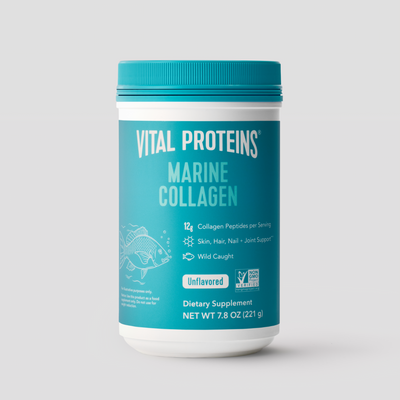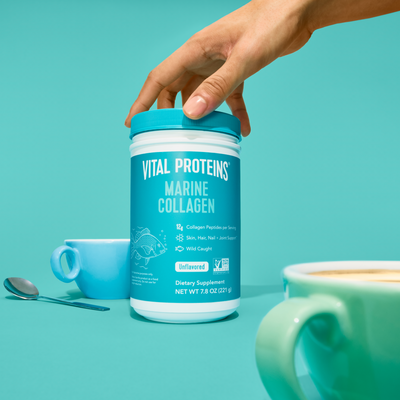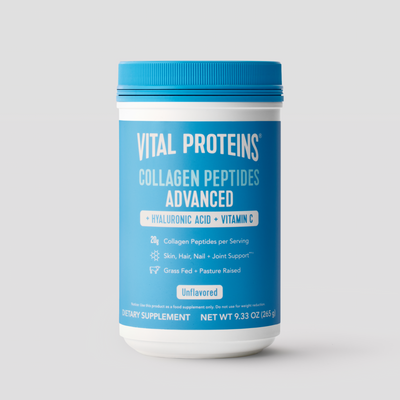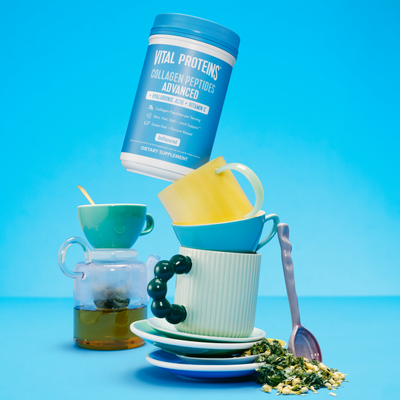Nike Master Trainer Max Artsis took time out of his busy schedule, which includes training Olympian Chloe Kim, to serve as Lively’s Guest Editor this month. Here, he writes about the importance of recovery.
The all-too-familiar tone you once found soothing pierces the room as the 5 A.M. alarm beckons you to start your day. You are not ready for this. You don’t want to “adult.” So, with the swiftness of a Bruce Lee karate chop, you smack the spot you have memorized – the “snooze” button.
Three cycles later, the only thing that ultimately pulls you out of bed is the sweet aroma coming from the pre-set coffeemaker you adamantly set the night before. You sit at the edge of your bed and notice your lower back is stiff. Your hips are locked. Your body is, well, not rested. You push on. After taking care of your spouse, children, or beloved pet, you begrudgingly saunter off to work, already longing for the moment you can be cocooned back into the warmth of your duvet.
Does this sound familiar? Is the false sense of hustle forcing you to overexert yourself in all areas of your life? I’m here to tell you your attention to recovery should probably be drastically improved if this is the case. Trust me: Your health will thank you for it.

Taking No Breaks
Allow me to use an experience with a basketball team that I helped train. In an initial meeting with the head coach, he proposed that when his practices were light, my workouts should be aggressive. At first thought, it makes a lot of sense, right? Turning one part of their life up, and the other down? But what he failed to realize, is that the combination of the two of us, plus the stress that school and life had placed on them, would ultimately end in a lack of performance. If he were to crush them on Monday, Wednesday, and Friday, and I crushed them Tuesday, Thursday, and Saturday, and they had school, tests, parties, social activities, etc. – when would they recover?
RELATED: An Inspiring Chat with Lively's April Guest Editor, Max Artsis
Now I’m not saying don’t work hard; actually, this is far from the truth. What I am saying is that if you want to unlock your potential to give more, you have to recover harder. You have to win at recovery because while overtraining and overexertion often gets the blame, under-recovering is the real villain.
Life is filled with stressors that involve work, family, finances, and sports. Even working out is simply another form of stress. Without proper recovery, you will never reap the benefits; you’ll simply continue to pour from an empty glass. [Editor note: Vital Proteins Defense Collagen Shot can help boost your post-workout routine.]
The goal should be to find the minimum amount of stress that you can put on your body, mind, or life, to elicit the response that you want. Once you’ve achieved that response, the excess work is simply draining your glass, not filling it up. Ever worked out every single day as hard as you could, but you weren’t seeing the results you wanted? You basically went on a 5-day binger and are confused why you feel like you need sleep! Your body never had an opportunity to recover from the stress placed on it, and each subsequent workout just pushed you further and further into the hole. In reality, upping the quality of your work and reducing the quantity would have yielded far greater success.
So, what is the big takeaway? Recovery is important. Here are my top 5 tips for not pushing yourself too hard.
Sleep Comes First
This is when your body repairs, your brain recovers, and your hormones become regulated. No amount of cryotherapy, IV drips, or celery juice can make up for a lack of quality sleep.

Listen to Your Body
It is telling you everything you need. While some workouts should be focused on slamming balls and pulling heavy weights, some of your workouts should have the focus of simple restoration. Nobody cares how much you can grunt and lift if you can’t get out of bed. A simple exercise is to make a pie chart. What are your goals? Does the percentage of your goals match the percentage you give them in your workouts?
Pay Attention to What You’re Eating
Your food is the most important medicine you will ever take, or the most powerful poison you will ever ingest. Stressed? Poor Sleep? Low Energy? Food can be your savior. Give it that respect.
Try Meditation
Chemically speaking, your body has no idea if you are freaking out about your taxes, or if there is a lion in the room chasing you. Gaining ownership over your nervous system will change your life. The frontal cortex of your brain – responsible for memory and emotion – actually grows with mediation. The top athletes, executives, and entrepreneurs all practice some form of meditation. This will set you up to conquer any challenge that awaits.
Practice Gratitude
Take a moment and cherish the relationships in your life. This to me, could be the most powerful recovery of all. It’s okay to say no to people and projects that are draining on your life – and instead – selfishly spend your valuable time with those who simply make you happy. We are all longing for passion, camaraderie, and connection. Find those in your life who fill your cup and prioritize them.
We get a finite amount of attention and energy per day. You get to choose where you spend it. Sometimes, choosing less, means getting more.

















